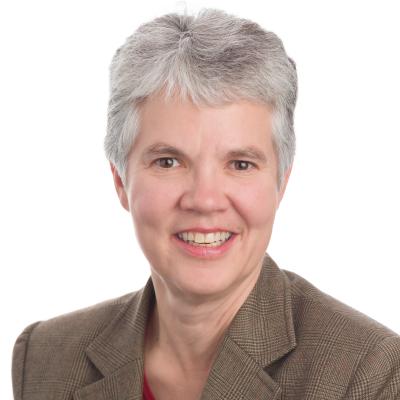

Dana Britton
- Professor, Labor Studies and Employment Relations (LSER)
Expertise
- Gender and Work
- Gender and Social Control
Dana Britton is a Professor of Labor Studies and Employment Relations. From 2012-2018 she served as SMLR’s Director of the Center for Women and Work (CWW). She received a Bachelor’s degree in Sociology from the University of Oklahoma, and a Ph.D. in Sociology from the University of Texas-Austin. Professor Britton came to Rutgers from Kansas State University, where she was the founding director of the KSU Office for the Advancement of Women in Science and Engineering (KAWSE). She served as editor of the journal Gender & Society from 2006-2011. From 2016-2017, she was at the National Science Foundation as a program officer in the Division of Education and Human Resources, working with the EHR Core Research program (ECR) and ADVANCE programs.
Her research interests are in gender, work and organizations. She is a widely-cited authority on the topic of gendered organizations, and has published numerous articles on this topic. Her first book, At Work in the Iron Cage (NYU Press, 2003), focused on how gender shapes work in men’s and women’s prisons. She is also the author/editor of books on gender and prisons (Gender and Prison, Ashgate Publishing, 2005) and gender and crime (The Gender of Crime, Rowman & Littlefield, 2011, 2nd ed., 2017). Her most recent book, co-edited with Lisa Hetfield, is a collection of case studies of women business leaders in the series, Junctures: Case Studies in Women’s Leadership (Rutgers University Press, 2016).
For the past ten years, she has been involved in projects funded by the National Science Foundation aimed at promoting gender equity and organizational change in colleges and universities. She has published a number of journal articles and chapters based on this work, most recently, “Beyond the Chilly Climate: The Salience of Gender in Women’s Academic Careers,” (Gender & Society 31: 5-27, 2017). She has also served as a consultant and evaluator for many universities implementing such projects.
During her time at CWW, she helped direct and conduct a wide range of research and policy work. Examples include a study exploring working conditions for women warehouse workers in the “permatemp” logistics sector, studies of paid leave and family friendly policies, research on women and corporate board membership, and a study of programs for undergraduate women in science, technology, engineering and math.
Click here for more information on the Center for Women and Work.


